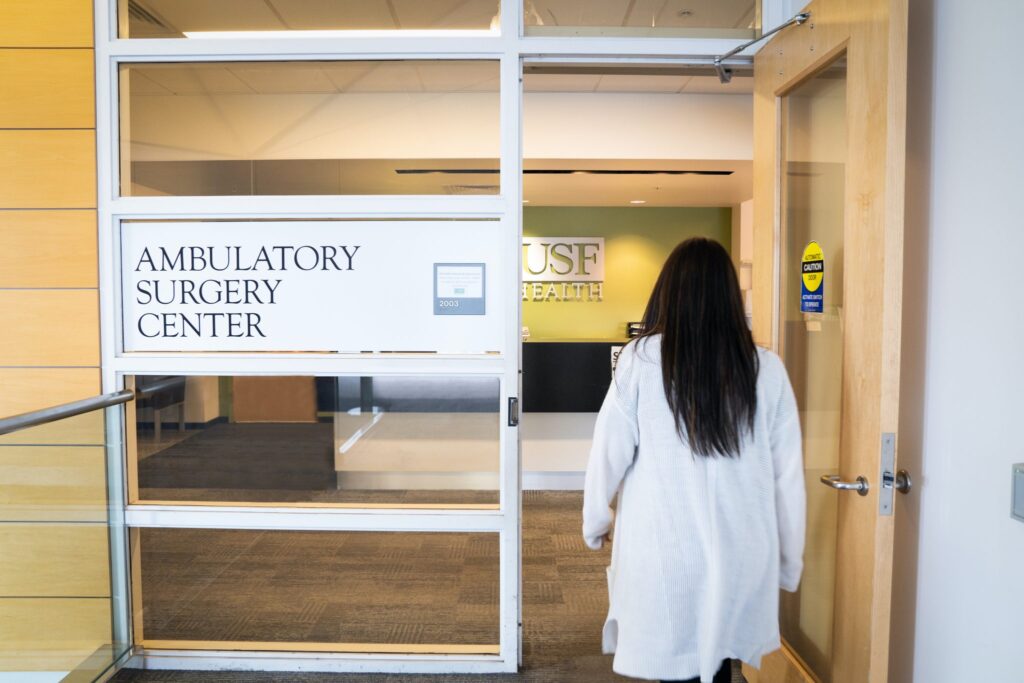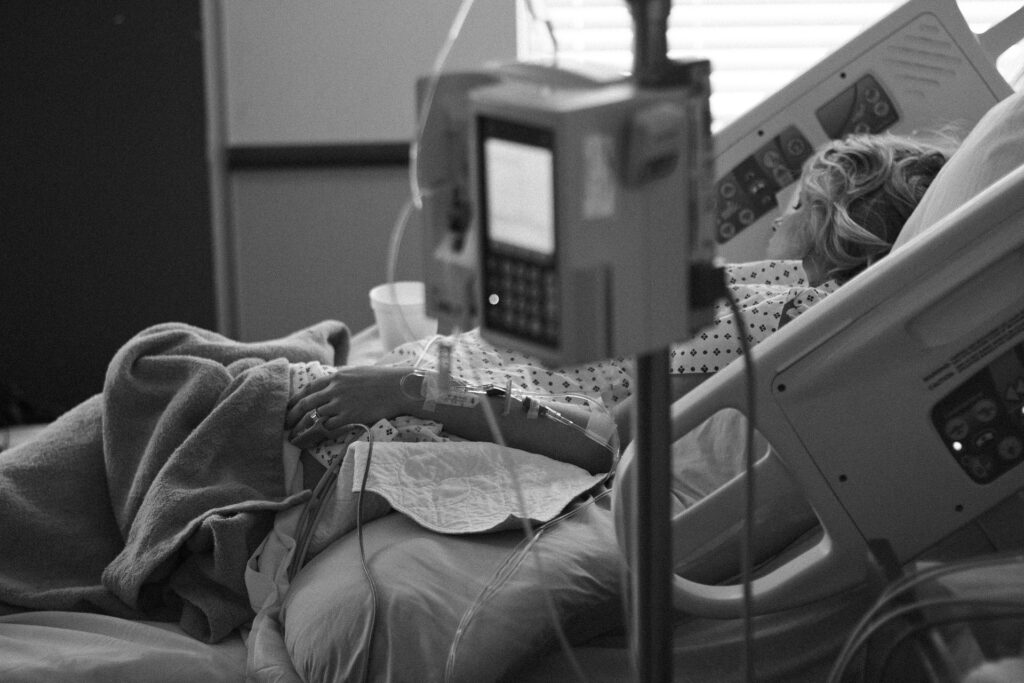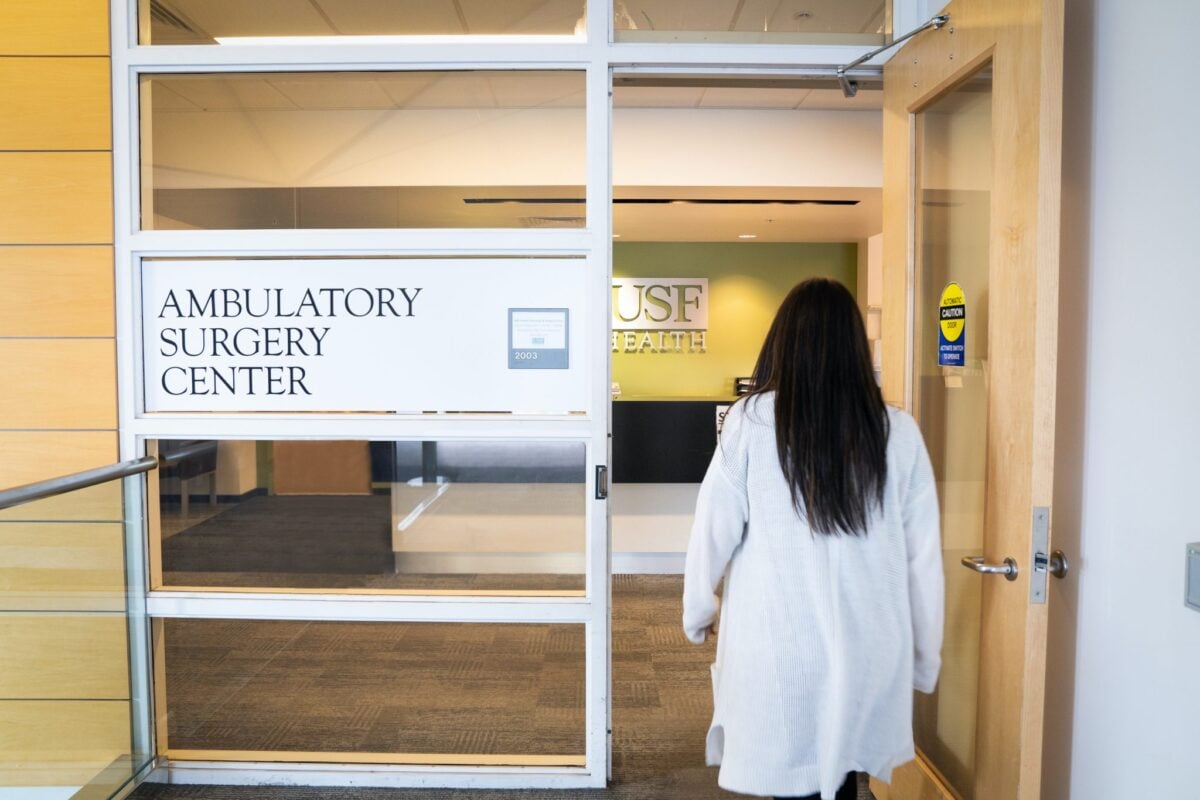Planned Parenthood’s transfer agreement controversy raises questions on their stance on women’s health.
The Planned Parenthood location in Lancaster, Pennsylvania has requested an exception to a transfer agreement policy designed to protect women.

On the surface, the policy seems simple enough – Pennsylvania requires all Ambulatory Surgical Facilities to have a transfer agreement with a local hospital. A transfer agreement outlines that all doctors performing surgeries that do not require hospital admission must have a hospital on call in case an operation cannot be completed safely. Planned Parenthood does not want to require this agreement at their Pennsylvania facilities. This request has caused many people to question Planned Parenthood’s stance on women’s health.
What is a Transfer Agreement?

Suppose you need a minor operation that requires 45 minutes of surgery and one full day of at-home recovery time. You pull up to the office for your procedure, check-in, get called back for surgery preparation, and the operation begins shortly after.
When the procedure begins, you notice something is off. Maybe the lights seem to be getting fuzzy or the surgeon keeps muttering “that’s a lot of blood.” Whatever this issue may be, you need help fast.
This where the transfer agreement is extremely beneficial. Because the facility has a prearranged agreement with the local hospital, you can quickly be transported to get the care you need, promptly. Transfer agreements are common practice for most Ambulatory Surgical Facilities (AFS) and Ambulatory Surgical Centers (ASC). They are designed to act as a safety net to protect patients when office-based surgeons face complications that they’re not equipped to handle. An ASC that serves medicare patients is required to have transfer agreements. The American College of Surgeons even lists maintaining transfer agreements as a core principle of office-based surgery. No transfer agreement, no ASC.
Why does Planned Parenthood want an exception to this healthcare policy?
Questioning this policy is an unusual move for an organization whose motto is “care, no matter what.”
Transfer agreements have become a new point of contention in the battle between pro-life and pro-choice activists. Although an ASC has to have a transfer agreement to operate, hospitals are under no obligation to accept transfer agreements.
Coordination with a local hospital is a problem for abortion clinics when you consider the religious background of many hospitals. Medical institutions that are derived from a religious background are less likely to make deals with abortion providers. Although they are not providing abortion services, they are not likely to support organizations that are. Without transfer agreements from local hospitals, abortion clinics can’t legally operate.
Are transfer agreements unfair to abortion clinics?
Pro-choice activists and institutions are continuing to pursue an exception to this policy. Abortion clinics regularly seek exceptions to state transfer agreements. The American Public Health Association published a lengthy piece that is in favor of such exceptions.
The piece mentioned above can be boiled down to into two main arguments:
- Abortions are safe and do not have a high enough risk to justify transfer agreements
- Transfer agreement mandates may put abortion services out of business
It is important to break down these terms to better understand the risks of abortion and the care needed for patients.
Are abortions safe?
According to abortion statistics from APHA, 98% of women that get an abortion in their first trimester report no complications. A safe abortion is typically common in this segment of patients; 1.5% of these women experience minor complications that do not require hospital abortion care. Approximately 0.05% of abortions induce complications that require further surgery and/or hospital care. It is a relatively small percentage of women who have unsafe abortion experiences.
Planned Parenthood claims that abortion statistics outline that “Between 1998 and 2010, there was less than one death per 100,000 abortions.”
We will follow-up on this statistic in more detail shortly.
Do these abortion statistics consider all associated data?
Let’s examine the statistics discussed to determine if they paint a full picture.
In their research, the APHA cites a paper written on surgical abortions in the state of California. This paper states that chemical abortions have complication rates of up to one in five. What is a chemical abortion? A chemical abortion is also referred to as a medical abortion and is common in the first trimester. Medical abortions are 50% more likely to send women to the emergency room than surgical abortions.
One argument against transfer agreements is that they only help women who are in need of immediate health care. Abortions are unpleasant and can involve a laundry list of side-effects that no one desires, ranging from hemorrhaging to emotional trauma. Unless a patient requires health care immediately after surgery, transfer agreements can be unnecessary burdens for abortion clinics. This argument can be dismantled quickly.
The flawed APHA statistics are only considering patients in their first-trimester, covering 93% of all abortions. Second and third trimester abortions account for 7% of all associated patients. So the question is, are abortions safe in the second and third trimesters?

And that’s assuming that the data is complete, which it’s not. The FDA estimates that 95% of abortion complications go unreported. Why? Because reporting on non-death adverse events isn’t required.
So yes, the jury’s out on the danger posed to women by abortion. And if your motto is “care, no matter what,” it’s better to err on the side of caution. Or so you would think.
Second and Third Trimester Abortions
One study found that complications for second trimester abortions are thirteen times more likely than those in the first trimester. A scholarly assessment of abortion-related deaths had this to say: “Compared with women whose abortions were performed at or before 8 weeks of gestation, women whose abortions were performed in the second trimester were significantly more likely to die of abortion-related causes.”
The FDA estimates that 95% of abortion complications go unreported. Why are these complications kept quiet? Because reporting on non-death adverse events isn’t required.
The jury’s still out on the danger posed to a woman by abortion. If an organization’s motto is “care, no matter what,” you would think it would be better to air on the side of caution. Unfortunately, Planned Parenthood is more focused on their production rather than the health of their patients.
Is This All A Tactic To Defund Planned Parenthood?
The second argument made by pro-choice activists is that denial of transfer agreements is being used as an attempt to close abortion clinics. To pro-choice advocates, this is not a representation of health equity.In reality, Planned Parenthood isn’t in the health care business. If they truly cared for the woman in their clinic, they would be more likely to resemble a Women’s Medical Clinic. This holistic approach does not involve pregnancy termination, but it does offer counseling, education, and relationship support to women so that they are better equipped to have a healthy baby. Rather than revolving around a single medical procedure, crisis pregnancy centers help support women holistically.
How Can I Support Women’s Medical Clinics?
If you’re looking to support a women’s medical clinic, check out A Woman’s Concern (AWC) in Lancaster, Pennsylvania. Even if a woman chooses to complete a pregnancy termination, AWC is fighting to ensure that she gets the health care she needs.
Fighting for women’s health by protecting quick access to a health care provider is making a stance that is pro-woman. AWC is actively fighting to protect women’s health throughout their abortion journey.
Is Planned Parenthood A Safe Option For Women?
Planned Parenthood is in the abortion business, not the abortion care business. Unfortunately, this is true for many of the institutions in the medical industry. The unfounded assumption throughout these clinics is that abortion is a human right. Anything that questions this human right and does not allow unrestricted abortion access is seen as a crime. Although this is a hard stance, it is not a carefully researched position that is backed by extensive moral arguments and hard data. It’s an idea that is formed without any context and data.
Planned Parenthood is attempting to make an emotional appeal to supporters. With this theory, transfer agreements mandates shut down abortion clinics, so they are undeniably bad. With this logic, every woman should have easy access to abortion, no matter the risks.
The same people who are fighting this argument are the ones that share that “there is less than one death per 100,000 abortions.” Even though this statistic is outdated, they choose to ignore the humanity of a child. With this being said, it is not surprising that they are devaluing the humanity of a mother by triggering this exception.
Overview
Transfer agreements are required in many states as a way to guarantee the safety of patients who are undergoing procedures in clinics rather than hospitals. By requesting an exception to this policy, Planned Parenthood is showing that they value their volume of procedural abortions over the safety of women. Although Planned Parenthood claims that a high percentage of women will have a safe abortion, there are many patients that face unexpected complications. Having a local hospital on call during a procedure helps ensure that women will be protected and valued, even if unexpected situations do occur.













